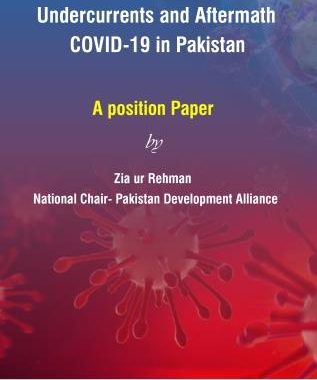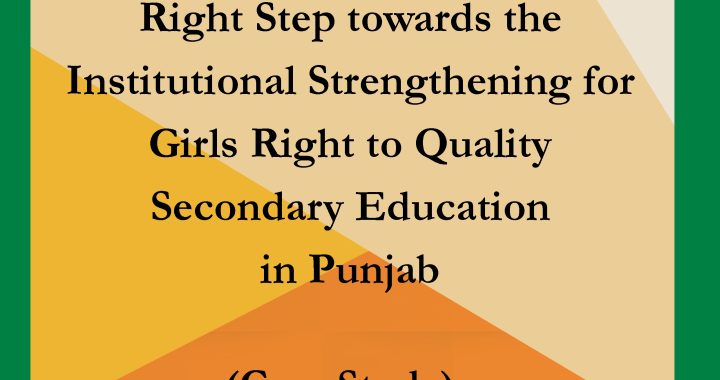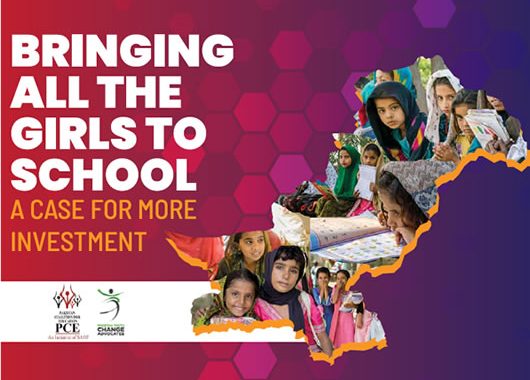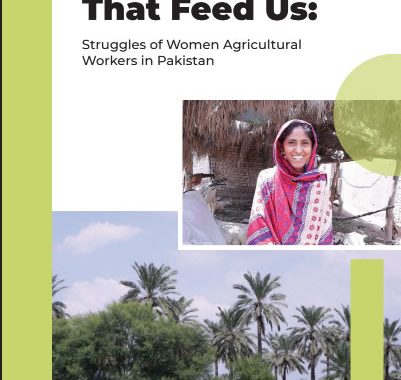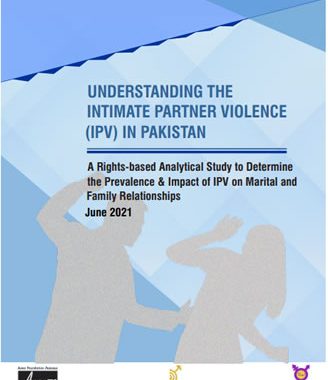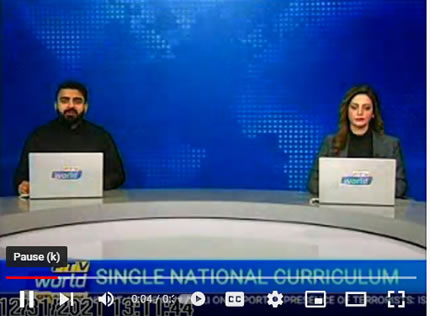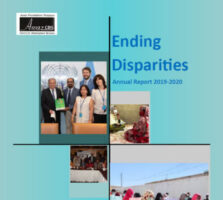On 31 December 2019, the World Health Organization (WHO) office in China received a report of 29 pneumonia cases of unknown etiology in Wuhan city in Hubei province, central China. The virus was quickly identified as a novel beta-coronavirus and the genetic sequence was shared on 12 January 2020. The infection is now officially termed COVID-19 and the virus SARS-CoV-2. Coronavirus disease (COVID-19) is an infectious disease caused by a newly discovered coronavirus. Most people infected with the COVID-19 virus will experience mild to moderate respiratory illness and recover without requiring special treatment. Older people, pregnant women, people living with disabilities and those with underlying medical problems like cardiovascular disease, diabetes, chronic respiratory disease, and cancer are more likely to develop serious illness. According to Centre for Disease control and prevention “Symptoms such as Fever, Cough, and Shortness of breath may appear 2-14 days after exposure (based on the incubation period of MERS-CoV viruses).
In the meanwhile, World Health Organization (WHO) urged all countries to prepare for the potential arrival of COVID-19 by readying emergency response systems; increasing capacity to detect and care for patients; ensuring hospitals have the space, supplies and necessary personnel; and developing life-saving medical interventions. WHO had declared Coronavirus Disease 2019 (COVID-19) a Pandemic on March 11, 2020. Furthermore, the Government of Pakistan had declared a National Health Emergency of Public Concern in regard to the same on 13th of March 2020.
